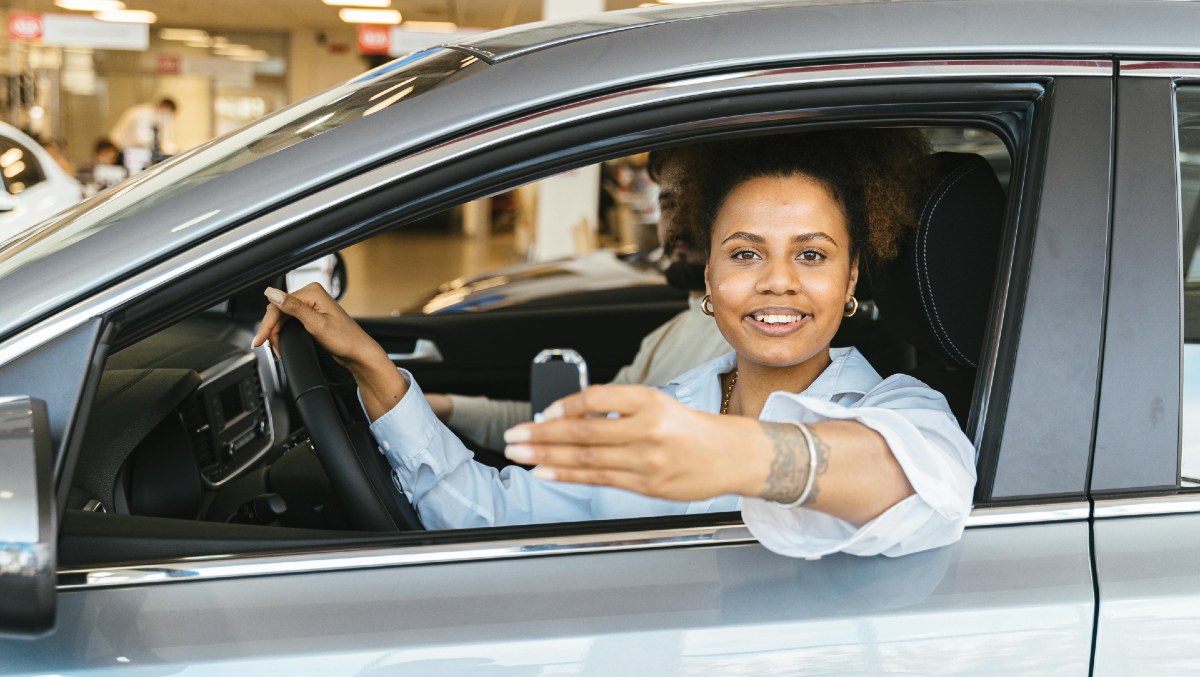Both have their benefits and pitfalls, but one may be better for you depending on your circumstances.
So, what's the difference between a secured and unsecured personal loan and how do you choose which is right for you?
What is a secured personal loan?
A secured personal loan is a loan secured against something you own, like a home, car, or boat. The lender uses this asset as security (also known as collateral) which acts as a safety net for them if you can no longer repay your loan. In this event, the lender would seize the asset and sell it to recover money you still owe them.
Given the security you're providing to the lender, secured personal loans often have lower interest rates than their unsecured counterparts. However, there is often a longer approval process while the lender assesses whether the security is appropriate for the amount you're wanting to borrow.
Secured personal loans typically allow you to borrow more money than an unsecured loan. Keep in mind though, just because you're offering up a $40,000 car as security, for example, it doesn't mean you'll automatically be able to secure a $40,000 loan.
Different lenders will allow you to use different assets as security for a secured personal loan. Typically though, assets you may be able to use include:
-
Property: You can use a property you own, be it residential, commercial, or investment as security. Should you have a home loan with equity in it, you can also use this as security. Land can also be used as security.
-
Vehicles: New and used cars, motorbikes, and boats can all be used as security.
-
Cash: Just as you would with a home or car loan, you can put down a cash deposit and the lender will accept this as security for a personal loan. Some will also allow you to use cash in a term deposit as security.
-
High-value assets: Some lenders may allow you to use expensive jewellery and artworks as security. This is assessed on a case-by-case basis.
Pros and cons of secured personal loans
Pros
Often lower interest rates
Because your lender has the back-up of an asset as security against your loan, the interest rate will generally be lower than for an unsecured loan.
Higher amount loans available
Maximum loan amounts are almost always higher for secured loans than unsecured loans - and often by a big margin. For example, Commonwealth Bank offers secured personal loans for amounts up to $120,000 and unsecured personal loans up to $50,000.
Can come with longer terms
In some cases, secured loans can be taken out over longer terms than unsecured loans, making regular repayments lower and easing cash flow pressures during the term of the loan.
Can be easier to access a loan
Secured loans are generally easier to get, especially for new borrowers or those with lower credit scores, as the asset will give the lender more assurance the borrower will strive to repay the loan.
Cons:
Risk your security being seized by your lender if you can't repay the loan
If you fail to meet your repayments and default on your loan, the lender can repossess your asset and sell it in a bid to recoup your debt.
Less flexibility over how your borrowed funds are used
If you take out a secured personal loan for a car, for example, the loan can only be used to buy the specific car agreed to by the lender.
What is an unsecured personal loan?
An unsecured personal loan is a loan that has no security attached to it. Instead, the lender will assess your income, your expenses, and your financial habits to decide whether it believes you will be able to make your loan repayments. Due to there being no security against the loan, interest rates on unsecured personal loans are typically higher than for secured loans as they're regarded as higher risk. You also won't be able to borrow as much as you would with a secured loan.
However, approval for unsecured loans is typically faster, and there is generally greater flexibility in what you can do with the borrowed funds.
But it's important to note, although there is no security on the loan, if the borrower can no longer make repayments, the lender will take action to recover the debt from you via other means.
Pros and cons of unsecured personal loans
Pros:
Lessens the risk of a particular asset being seized
This can be useful if you don't want to run the risk of losing a valued asset or if you are using the loan to fund a gift for someone.
Loan approvals can be faster
Because your lender doesn't need to evaluate any asset, this can sometimes lead to faster loan approval times.
More flexibility over how the borrowed funds are used
As unsecured loans aren't tied to a specific underlying asset, you are generally free to use the borrowed funds as you wish.
Cons:
Often higher interest rates
Because there is nothing accessible to seize and sell in the event of you defaulting on your loan, you need to be prepared to pay higher interest rates. These are generally determined by your credit score and the lender's assessment of your reliability as a borrower.
Can't be used for larger loan amounts
Many lenders will cap how much you can borrow via an unsecured loan which may not cover the amount you're looking to borrow.
Difficult to obtain if you have a poor credit history
If you have a low credit score, it can be difficult to be approved for an unsecured loan or, if you are, you may be offered a very high interest rate.
How to choose between secured and unsecured
If you're unsure of whether to go with a secured or unsecured personal loan, these are the main factors you should consider:
Interest rate
Whether you go unsecured or secured, the interest rate is one of the most important considerations when you're deciding on a loan product. A secured loan will generally allow you to take advantage of a lower interest rate although if you have an above average credit rating, you may also stand a good chance of being offered a competitive interest rate on an unsecured loan.
You'll need to compare what regular repayments you'll be up for under both scenarios and how comfortable you are offering an asset as security in return for potentially lower repayments if cash flow is likely to be an issue.
How you can use the funds
Secured loans typically come with stringent conditions for what you can use the borrowed funds for. Each lender will have its own policies and requirements. For example, some lenders won't grant you a loan to buy a car that's older than five years.
Conversely, an unsecured loan allows you to use the funds at your discretion and for multiple purchases with few, if any, restrictions.
Fixed or variable
Another factor to consider is whether you take out a fixed or variable rate personal loan which can apply to both secured and unsecured loan options.
Variable rates can offer additional flexibility if you feel you may be wanting to pay off your loan faster by making additional payments when you can. Fixed-rate loans can suit borrowers who feel more comfortable knowing exactly what their repayments are going to be over the course of their loan. However, they typically come with fees for making extra repayments and heavy penalties for paying off the loan early.
Loan amount
If you're looking to borrow a large sum of money - say more than $100,000 - a secured loan may be the way to go. Secured loans generally allow you to borrow more than unsecured loans.
Fees
There is generally not a great deal of difference in the fees you pay. There are a range of fees that may come with personal loans, but not all lenders charge them. Be sure to check the loans' comparison rates to give you some idea of the costs involved for different loan products. Fees should be considered in conjunction with interest rates as they can add considerably to the overall cost of the loan.
Loan term
As with fees, there is generally little difference in loan terms although secured loans may offer longer loan terms up to seven years. Unsecured loans typically come with loan terms up to five years. Again, this will depend on lenders.
Gift items
If you're taking out the loan to purchase a gift for somebody (for example, an engagement ring), you might not want to secure the loan to that item. This is because the recipient may have hand it over in the event you fail to meet your repayments, setting up an embarrassing situation.
Who offers secured and unsecured personal loans?
Many banks (major and small), credit unions, and non-bank lenders offer both secured and unsecured personal loans. Each lender will have its own lending policies and it's worth spending some time researching the market to ensure you not only get a competitive interest rate but favourable terms and conditions that are going to suit your needs.
Beware of specialist personal lenders that charge higher than average interest rates in exchange for requiring less information on your application or being willing to overlook a bad credit rating. This can see you paying well over the odds for whatever it is you're wanting the loan for.
To get you started, the table below features some of the most competitive personal loan interest rates currently on the market:
Savings.com.au's two cents
There is no right or wrong when it comes to choosing between a secured or unsecured loan. It ultimately comes down to your financial circumstances and what you're wanting to use the loan funds for.
From a borrower's perspective, a secured loan will carry the risk that you may have to forfeit your asset if you can't meet your repayments, but the trade-off is a comparatively lower interest rate.
On the other hand, an unsecured loan may suit you better if you're wanting the flexibility to spend the money on multiple items. Be prepared to pay a higher interest rate, although this can depend on your credit history and the lender's assessment of your financial position.
First published on January 2021
Photo by marcos mayer on Unsplash
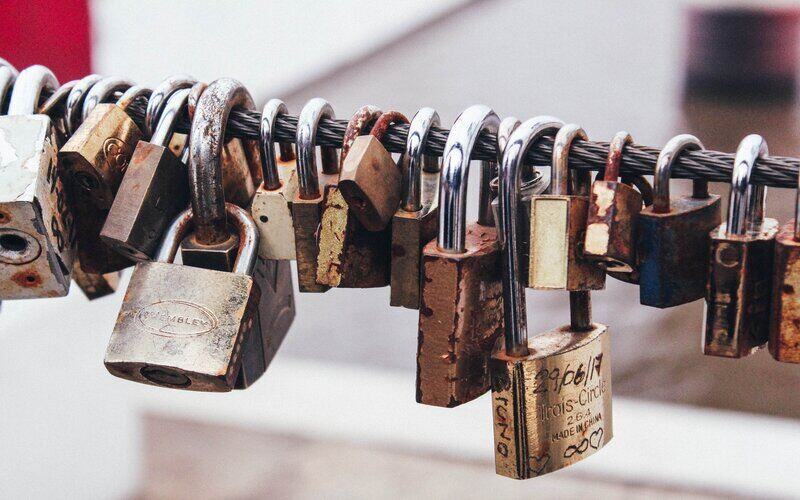

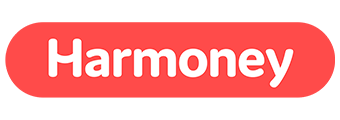



 Harrison Astbury
Harrison Astbury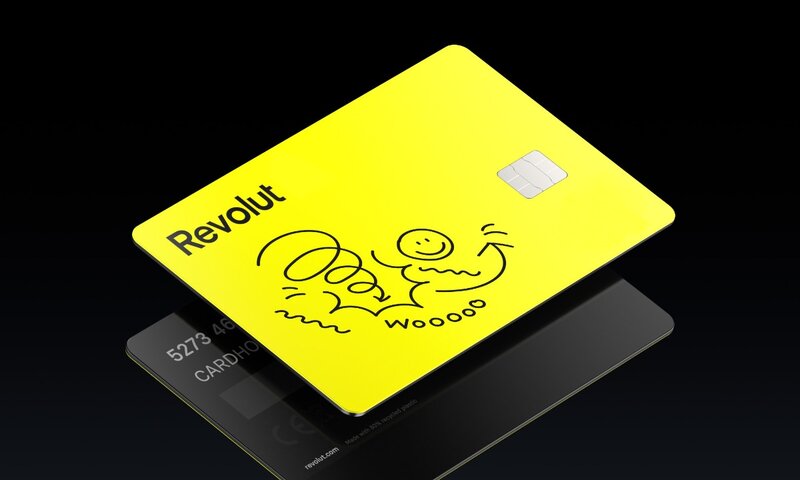
 Harry O'Sullivan
Harry O'Sullivan
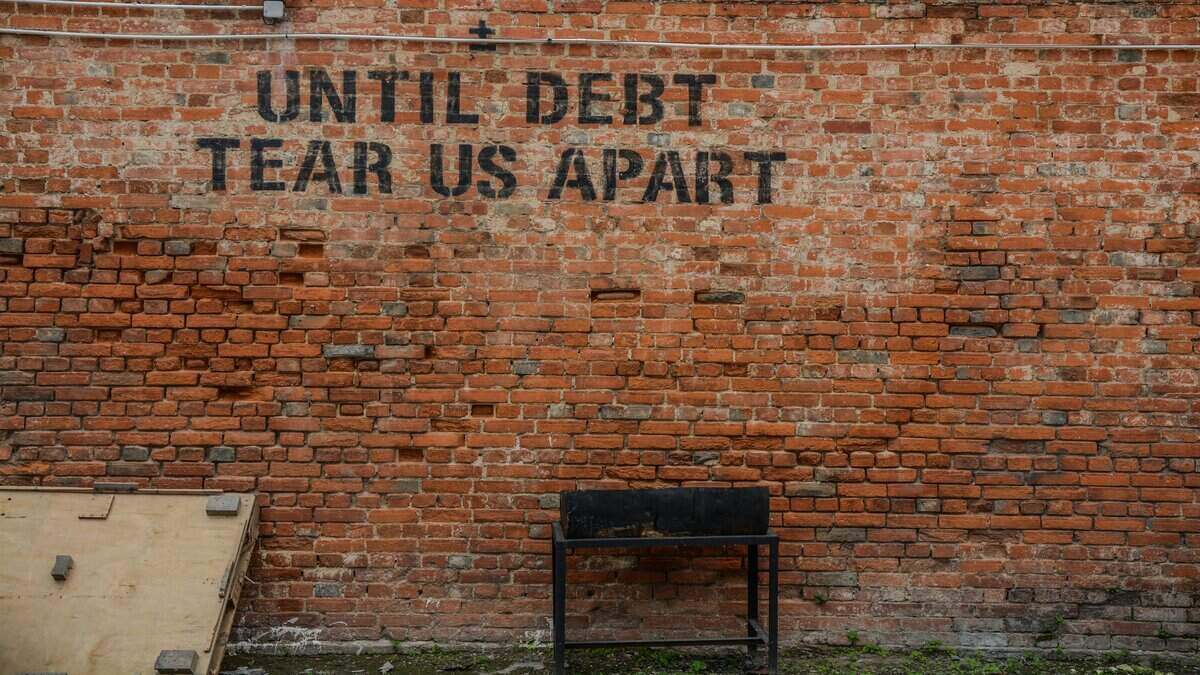

 Denise Raward
Denise Raward
